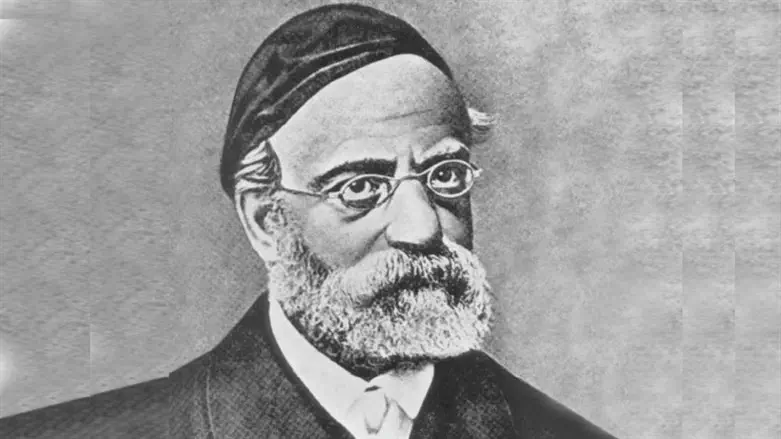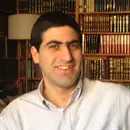
“If…the mother is sitting on the young or on the eggs, you shall not take the mother on the young. You shall let the mother go free…” (Deuteronomy 22:6-7).
Why? Most people assume that the Torah doesn’t want us to be cruel. Rav Samson Raphael Hirsch, however, gives a very different rationale for this mitzvah.
He writes that we may not take the mother bird because Hashem wants us to respect motherhood – even in the animal world. In his words: The Torah ascribes such importance “to the homely activity of a female creature” that “it follows this activity even into the sphere of animal life and assures immunity to a mother-bird while she is engaged in her activities of motherhood.”
Rav Hirsch goes even further in his commentary to the previous verse (Deuteronomy 22:5). He notes that the Torah first forbids a woman from wearing male implements and only afterwards forbids a man from wearing female clothing.
Why does the prohibition for the woman come first? Rav Hirsch answers: Because this prohibition “conceives Woman in the loftiness and worthiness of her profession as ‘Mother of the Home’…highly respecting herself and being highly respected, protected and unassailable” – and “on that, more than on anything else, the prosperity and the constant progress of the life of the people is dependent.”
The centrality of mothers to a nation’s destiny also accounts for why Sefer Melachim constantly tells us the names of the mothers of the Judean kings. For the evil and good deeds of these kings “can be traced back primarily to the influence of the mother who bore these men, who nourished them, who watched over them, whose words sowed seeds in the heart of her child, producing sprouts that would yield blessings, or curses, when the child became a man” (Collected Writings, vol. 7).
In her famous book, The Feminine Mystique (1963) feminist icon Betty Friedan took it as a given that women would be mothers: “With or without education,” she wrote, “women are likely to fulfill their biological role, and experience…motherhood.” But are they? Have they? If motherhood is merely a “biological” activity, who needs it?
The Torah views motherhood as so much grander. It sees a mother, not as a biological, but as a spiritual and moral actor. She molds the young souls entrusted to her care. Indeed, on her rests the fate of the nation.
Rav Samson Raphael Hirsch(1808-1888) – head of the Jewish community in Frankfurt, Germany for over 35 years – was a prolific writer whose ideas, passion, and brilliance helped save German Jewry from the onslaught of modernity.
Elliot Resnick, PhD, is the host of “The Elliot Resnick Show” and the editor of an upcoming work on etymological explanations in Rav Samson Raphael Hirsch’s commentary on Chumash.
...
